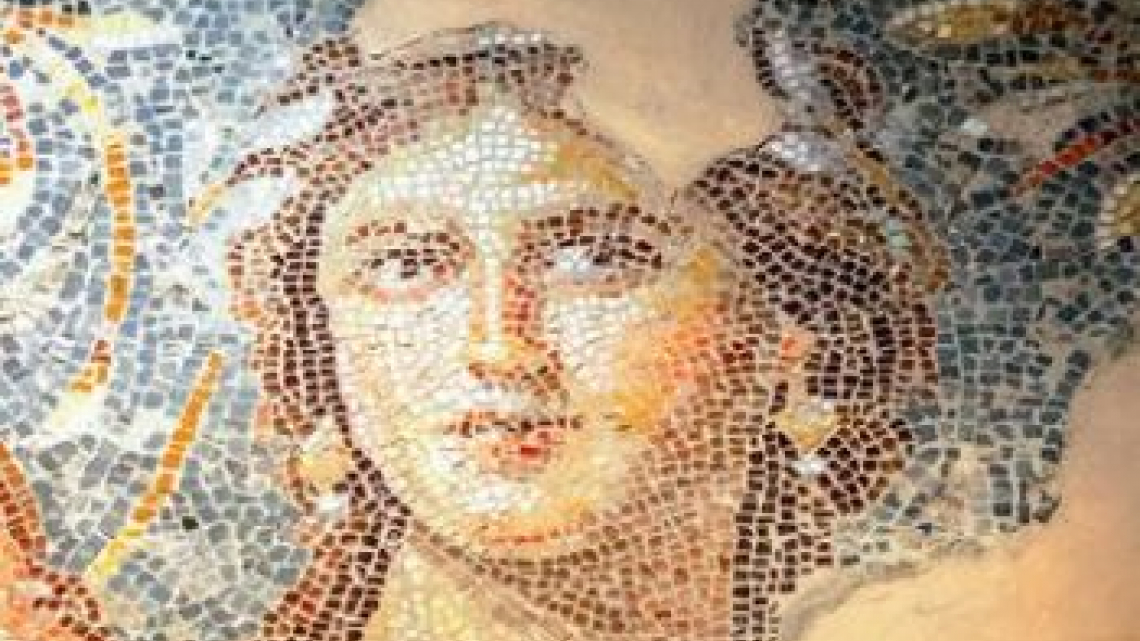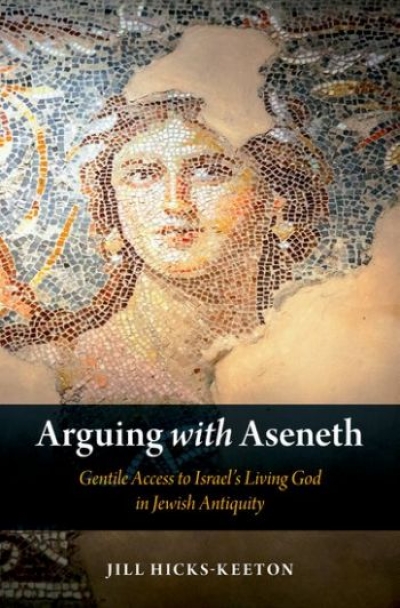
Arguing with Aseneth: Gentile Access to Israel's Living God in Jewish Antiquity

Jill Hicks-Keeton, a Duke Graduate Program in Religion alumna, has released her new book, Arguing with Aseneth: Gentile Access to Israel's Living God in Jewish Antiquity. One of the central controversies of the early church was whether or not gentile converts would be required to be circumcised before entering into the New Covenant. This is, obviously, an inherently male issue. So, in a community where there is now "neither male nor female," how does this dilemma apply to women?
One way to approach this story is through the story of a woman in the book of Genesis, named Aseneth, the daughter of an Egyptian priest, who is given in marriage to the patriarch Joseph. She becomes the mother of his sons, Manasseh and Ephraim. After that, she disappears from the narrative. Later, in an pseudepigraphal text called Joseph and Aseneth, Jews embellished the tale with romance and describe her as forsaking her pagan gods for the true God of Israel. She becomes a symbol for gentile inclusion and a mythic protector of the “many nations." Hicks-Keeton explores all of this and more in her new book.
Hicks-Keeton is now Assistant Professor of Religious Studies at the University of Oklahoma, where she teaches courses on biblical literature, ancient Judaism, and early Christianity. Her recent writing includes online articles in Ancient Jew Review and Religion & Politics treating the new Museum of the Bible in Washington, D.C.: “The Museum of Whose Bible? On the Perils of Turning Theology into History”(Jan. 24, 2018), and “What the Museum of the Bible Conveys about Biblical Scholarship behind Church Doors” (March 13, 2018). Follow her on Twitter @JillHicksKeeton